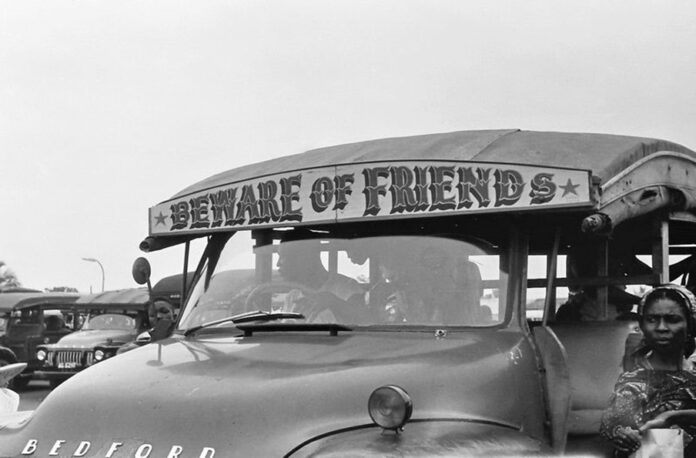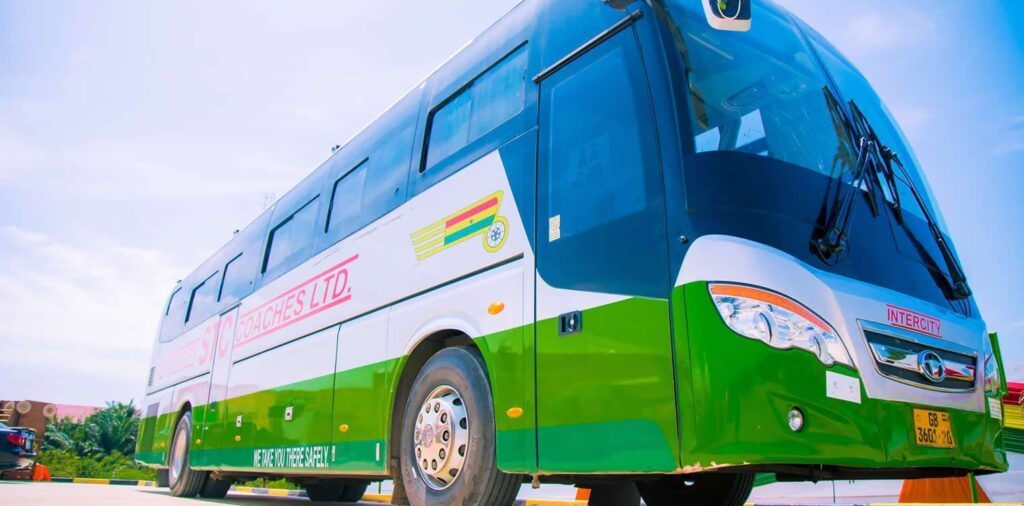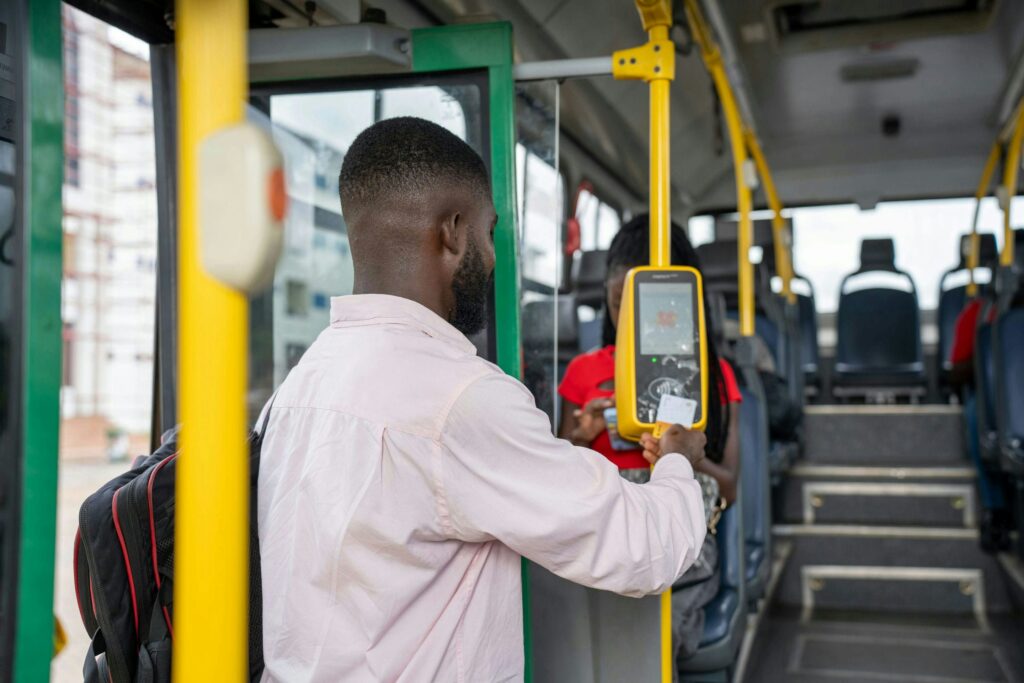Ghana’s intercity transport system has come a long way. For many, the iconic image of buses packed with passengers and goods navigating bumpy roads is a familiar one. But the story of how these buses have transformed over the years is nothing short of fascinating.
The legendary Bone-Shakers

In the early days, intercity travel was a challenge. The ‘Bone-Shakers’ as they were popularly called then were specially modified trucks with wooden seats. They were the main option for most passengers. Far from comfortable, these vehicles earned their name by leaving passengers with sore bones after every journey, thanks to their lack of cushioning and the poor state of the roads.
Back then, buses offered little to no amenities. Passengers endured long trips with no thought of comfort or convenience, as the priority was simply getting from one city to the next. It was a purely functional mode of transport that laid the foundation for future progress.
The State Transport Era

A turning point came in 1965 when the State Transport Corporation (STC) was established. This marked a significant step towards providing Ghanaians with more reliable and organized intercity transport services. STC introduced buses that were larger, sturdier, and slightly more comfortable compared to the Bone-Shakers.
For years, STC dominated the market, catering to government workers, tourists, and the general public. However, the emergence of private operators later introduced a new level of competition, pushing the boundaries of what passengers could expect from intercity travel.
Revolution by Private Operators

The private sector transformed intercity transport in Ghana. Operators like VIP, VVIP, Diplomat, O.A, Express, and others began rolling out modern, air-conditioned coaches equipped with amenities such as Wi-Fi, USB charging ports, and reclining seats. These buses offered a level of luxury previously unheard of.
Intercity travel suddenly became an experience, not just a necessity. Travelers could now select from different classes of service, ranging from budget-friendly options to premium comfort.
…Then they go techie
In recent years, technology has been a game-changer in Ghana’s transport sector. Online ticketing platforms have simplified the booking process, while GPS tracking systems allow passengers to monitor bus locations in real time. These innovations have made intercity travel not only more convenient but also safer and more efficient.
Despite progress, challenges persist. Issues like overcrowding, poor road infrastructure, and fluctuating fuel prices continue to affect operators and passengers alike. However, the future looks promising. With Ghana’s automotive industry gaining momentum, locally manufactured buses may soon grace the roads.
The introduction of electric buses or other environmentally friendly options could also be on the horizon, aligning with global trends toward sustainability.



